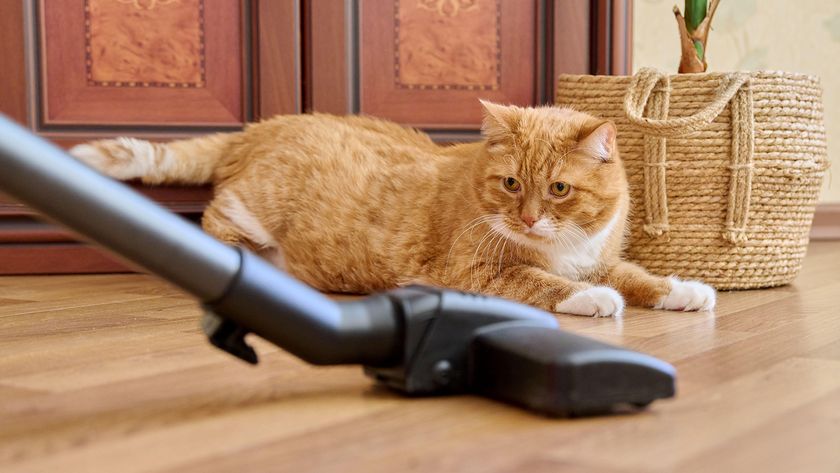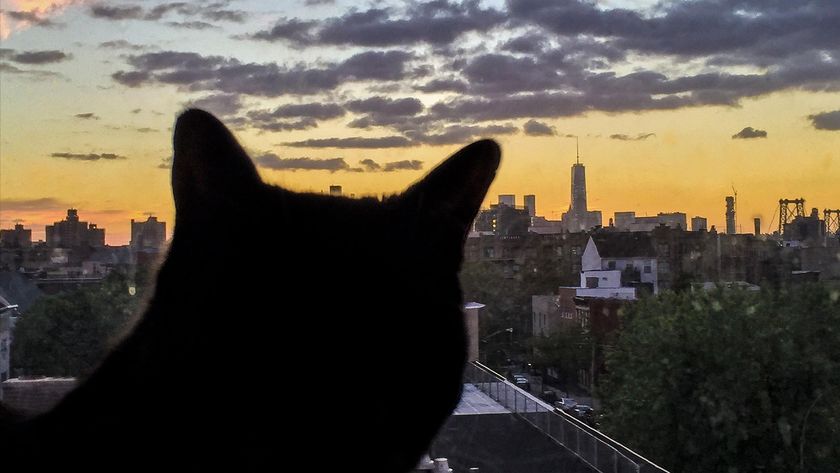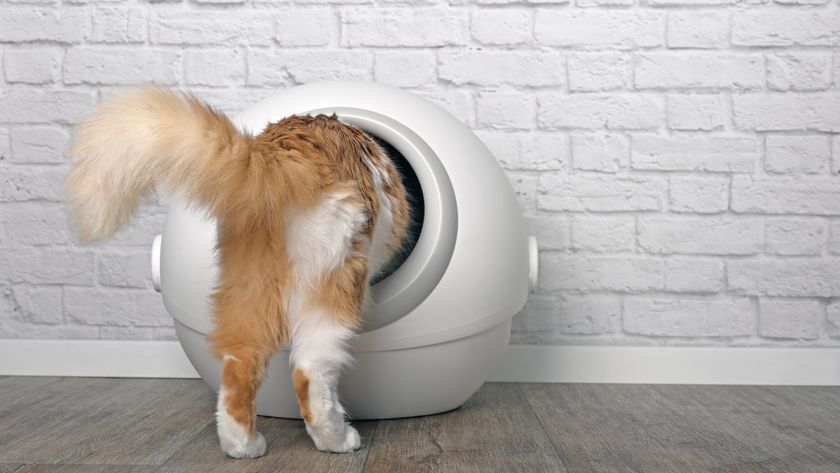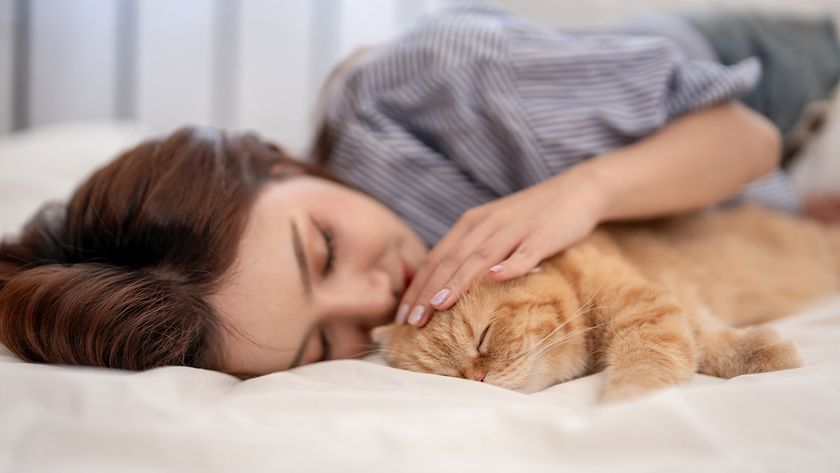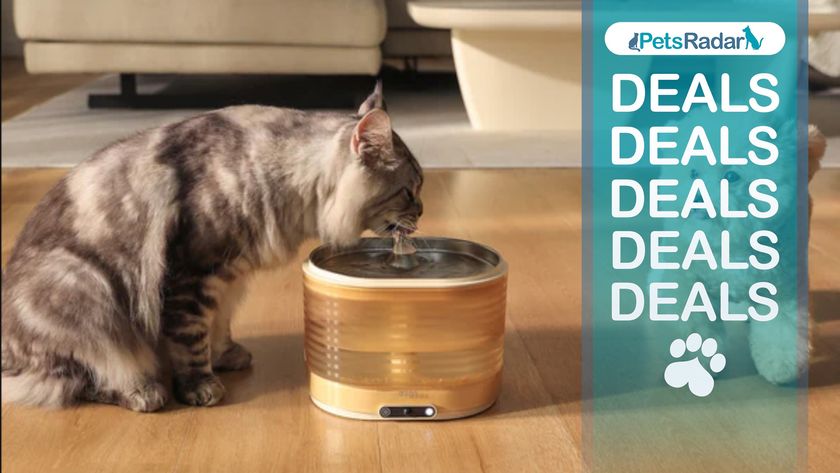Are you making these mistakes with your cat? Expert reveals four things cats hate
Avoid these common mistakes with your feline friend and ensure they stay happy and healthy

If you're anything like most feline pet parents, keeping your cat happy is likely your number one priority.
And while learning how to play with a cat and feeding them a diet of the best cat food can certainly go a long way in achieving that, we often inadvertently do things that upset our kitty companions.
If you've noticed signs your cat isn't getting what it needs to be happy — such as scratching the furniture, or excessive vocalization — it could be that you're accidentally doing something they don't like.
To help you figure out what it might be, the feline experts over at Tuft and Paw have put together a handy TikTok video outline four things that cats hate. Check it out below or keep reading as we reveal all!
@tuftandpaw ♬ Curiosity - Danilo Stankovic
1. Leave them alone for extended periods of time: "Cats are social creatures so please make sure if you go away that you have a neighbor or a friend who is going to be visiting and spending some time socializing with them each day, ideally multiple times a day."
2. Ignore their body language: "They hate when you don't pay attention to their body language," explain the team at Tuft and Paw. "Cats are complex creatures but if you take a little time to learn about their body language you'll be way better equipped to know when to comfort them or leave them alone."
3. Not cleaning their litter box: "We get it, nobody likes to clean the litter box but if you went to the trouble of bringing a cat into your home, the least you can do is care for them and give them a clean place to do their business."
PetsRadar Newsletter
Get the best advice, tips and top tech for your beloved Pets
4. Yelling at them: "Cats hate when you yell at them," says the Tuft and Paw crew. "Cats do a lot better with positive reinforcement than negative reinforcement, so yelling at them is just going to stress them out and can actually hurt your bond with them."
If you feel you're doing all of the above and your feline friend still seems unhappy, we recommend speaking with your vet who will be able to rule out any underlying medical issues that may be driving their low mood or behavior changes.

Kathryn is a freelance writer who has been a member of the PetsRadar family since it launched in 2020. Highly experienced in her field, she's driven by a desire to provide pet parents with accurate, timely, and informative content that enables them to provide their fur friends with everything they need to thrive. Kathryn works closely with vets and trainers to ensure all articles offer the most up-to-date information across a range of pet-related fields, from insights into health and behavior issues to tips on products and training. When she’s not busy crafting the perfect sentence for her features, buying guides and news pieces, she can be found hanging out with her family (which includes one super sassy cat), drinking copious amounts of Jasmine tea and reading all the books.
